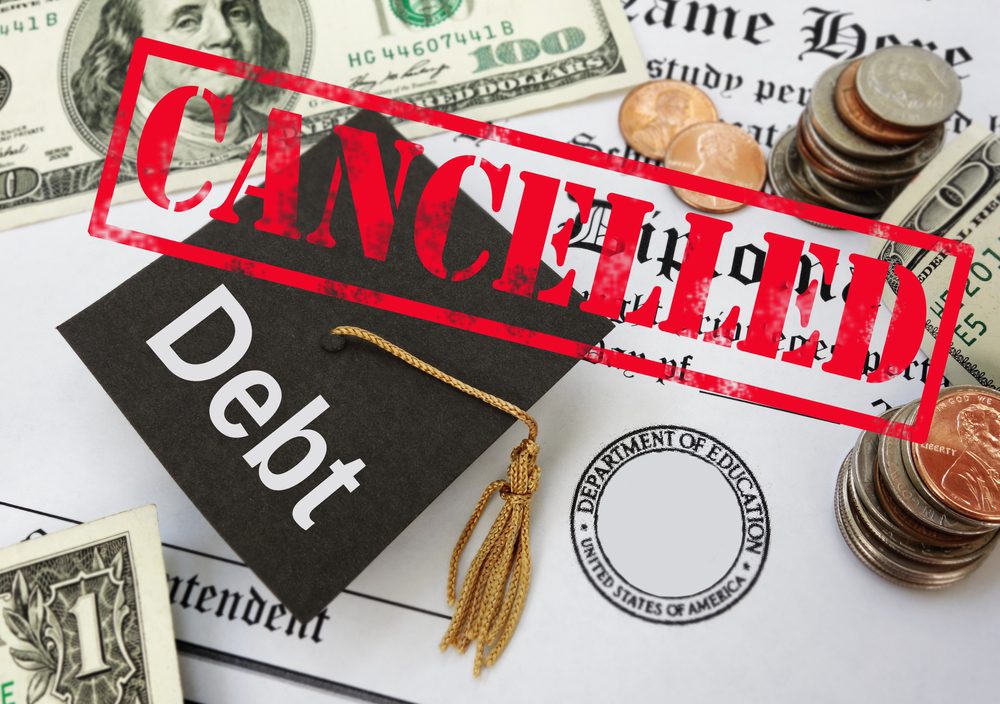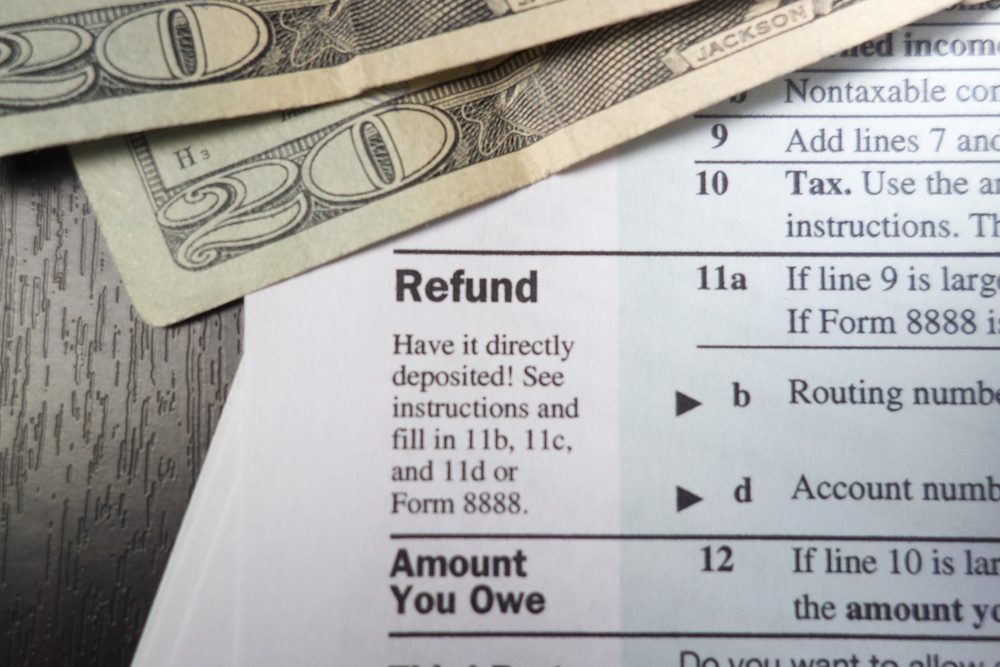
2. Cancelled Debt
Don’t get too thrilled if your credit card issuer tells you that you don’t have to pay off the remaining balance. That’s because debt that’s cancelled or otherwise discharged for some of the amount you owe is usually taxed.
This applies to mortgages, car loans, credit card bills, or any other debt that you owe. So, for instance, if your bank says you don’t have to pay $1,500 of the $5,000 you still owe on a car loan, you have $1,500 of cancellation of debt income that the IRS expects you to report on your next tax return.
There are some exceptions to this rule, such as for qualified farm indebtedness, debts discharged in bankruptcy, student loans, and a few other types of debt. Also, when it comes to “nonrecourse” debt—i.e., where the lender is able to repossess the borrower’s assets if they fail to pay, but they aren’t personally liable for the unpaid debt—any cancelled debt won’t get taxed (although you may realize a loss or gain from the repossession).
If you do have a debt forgiven, the lender may send you a Form 1099-C, which shows the amount of cancelled debt. The IRS will also get a copy of the form, so they will know about it.









